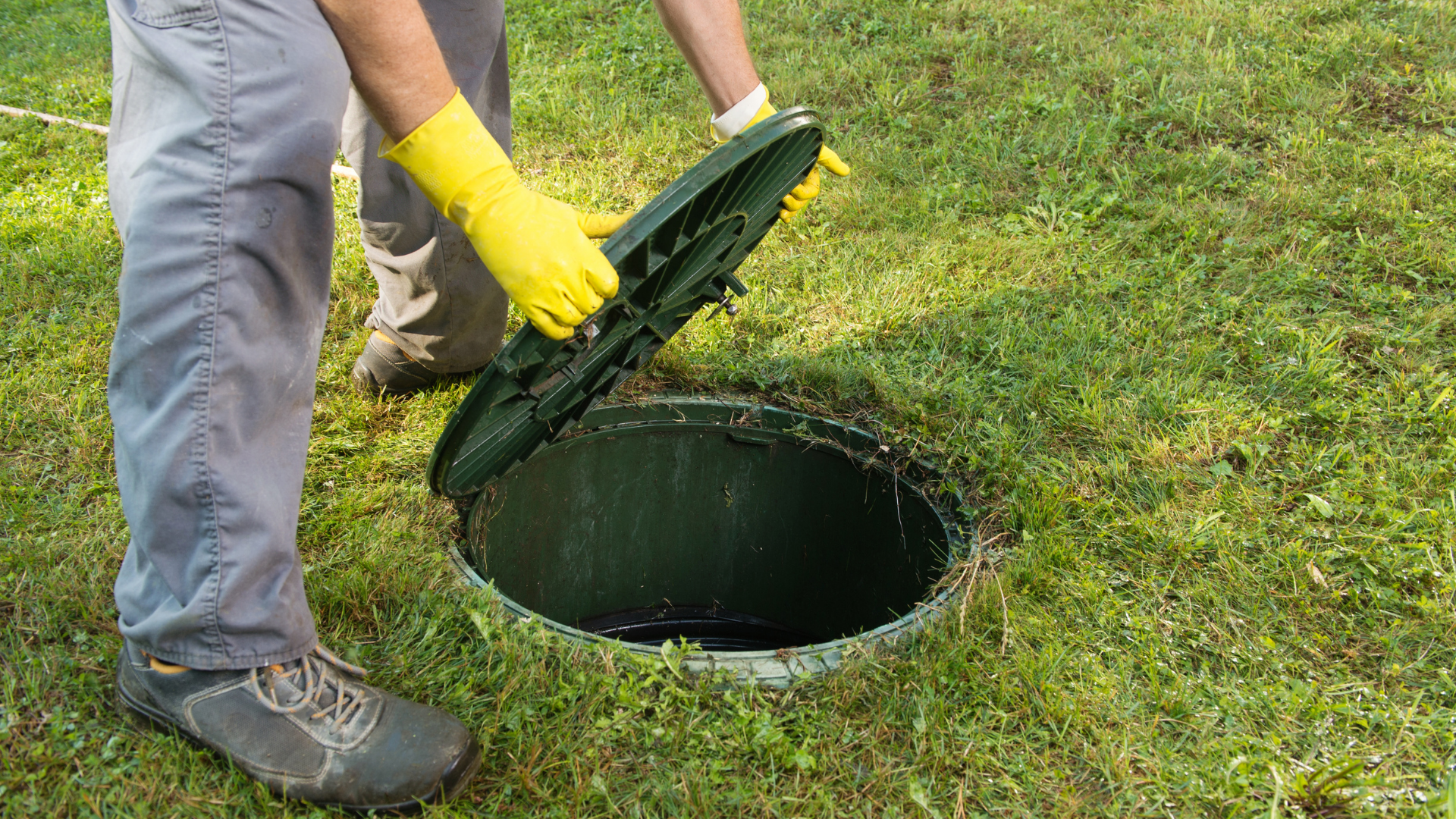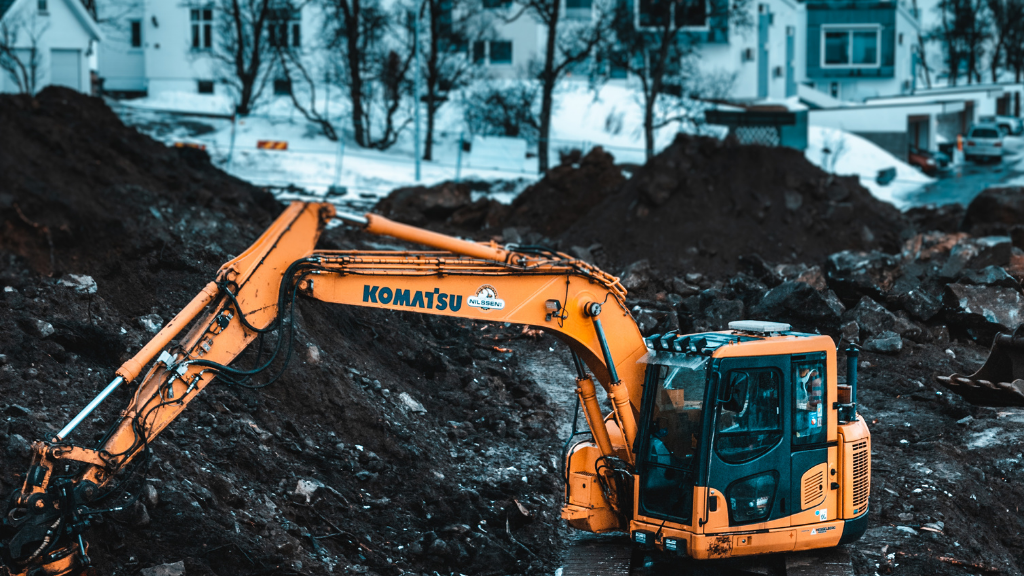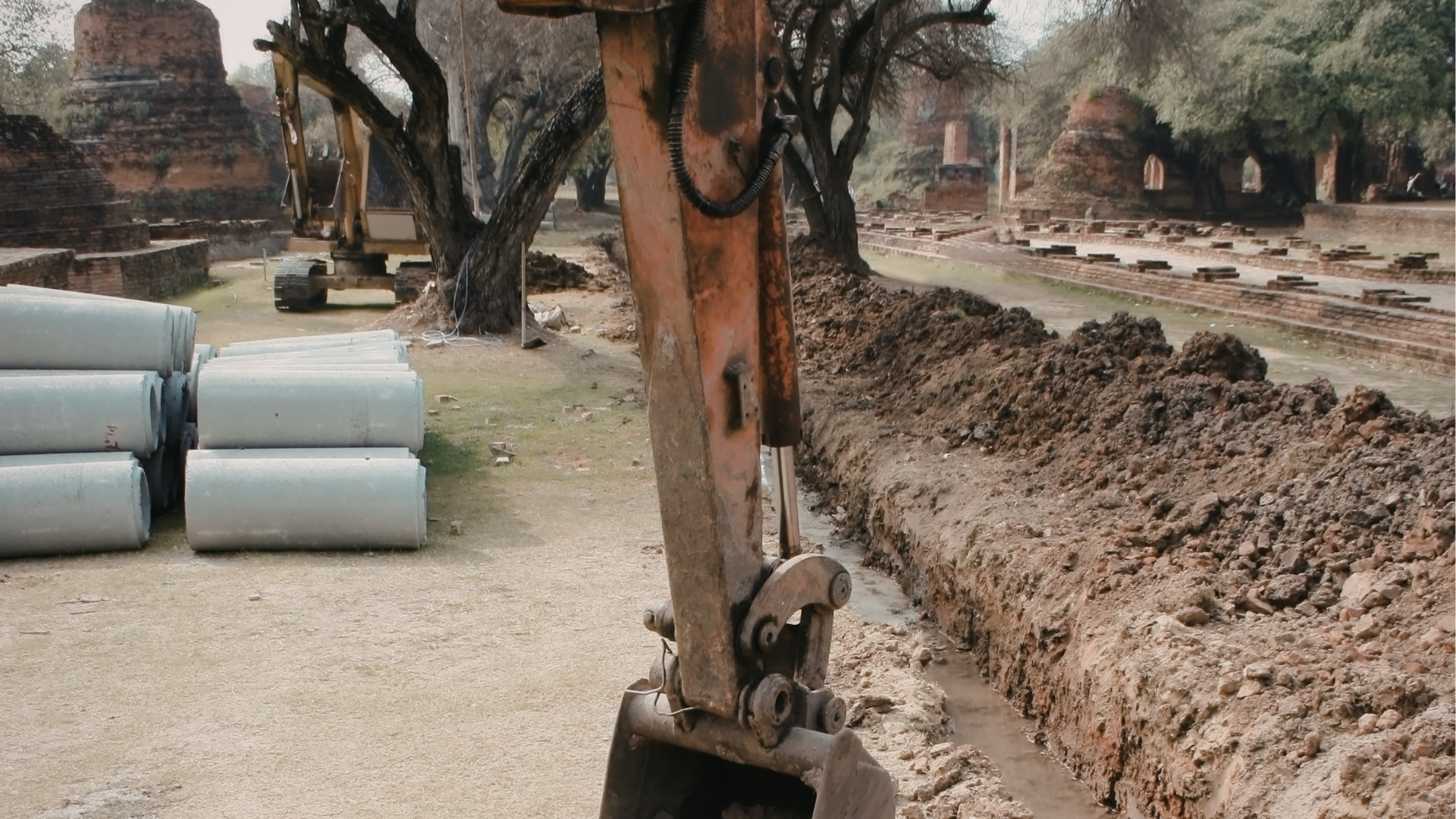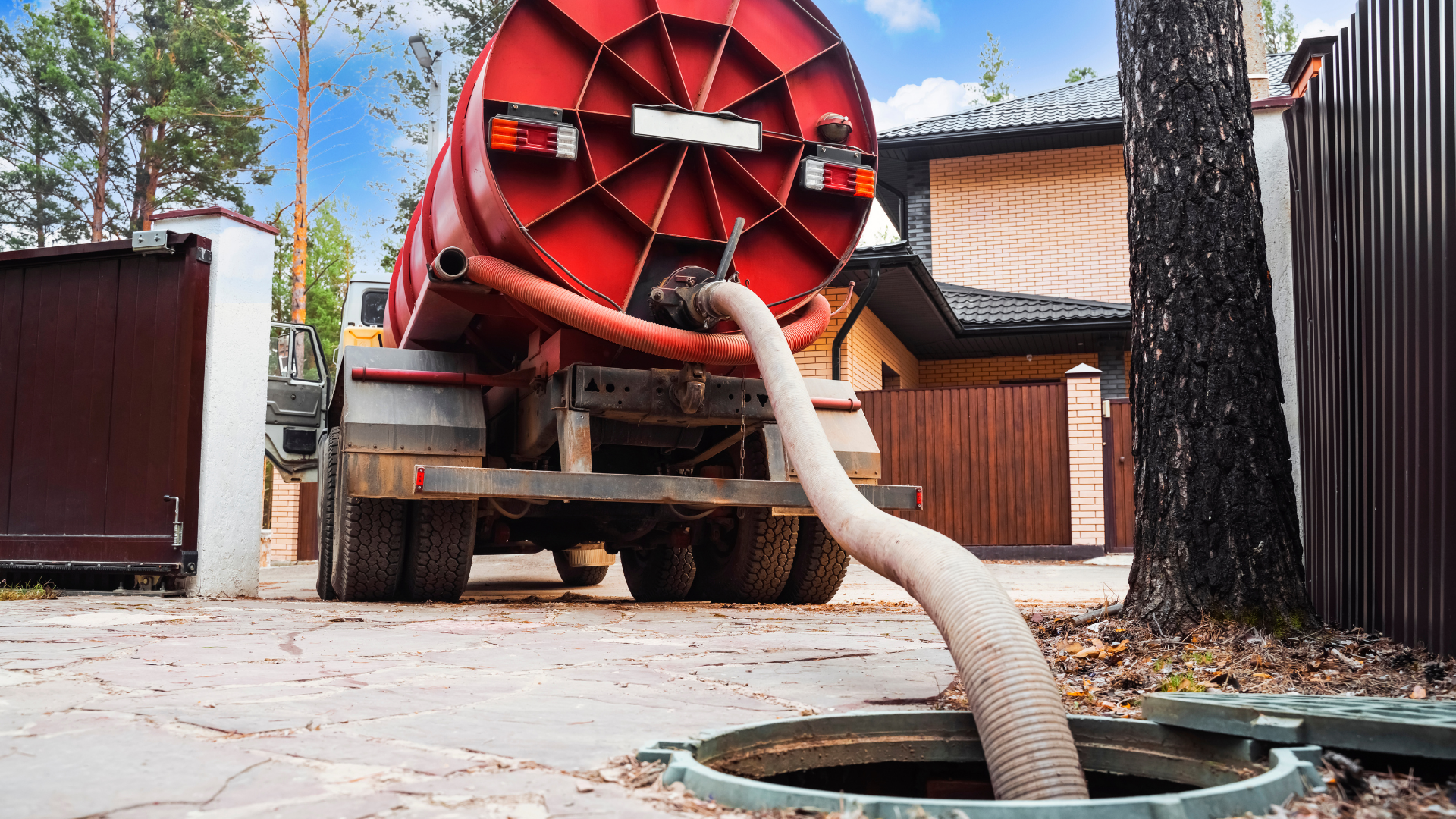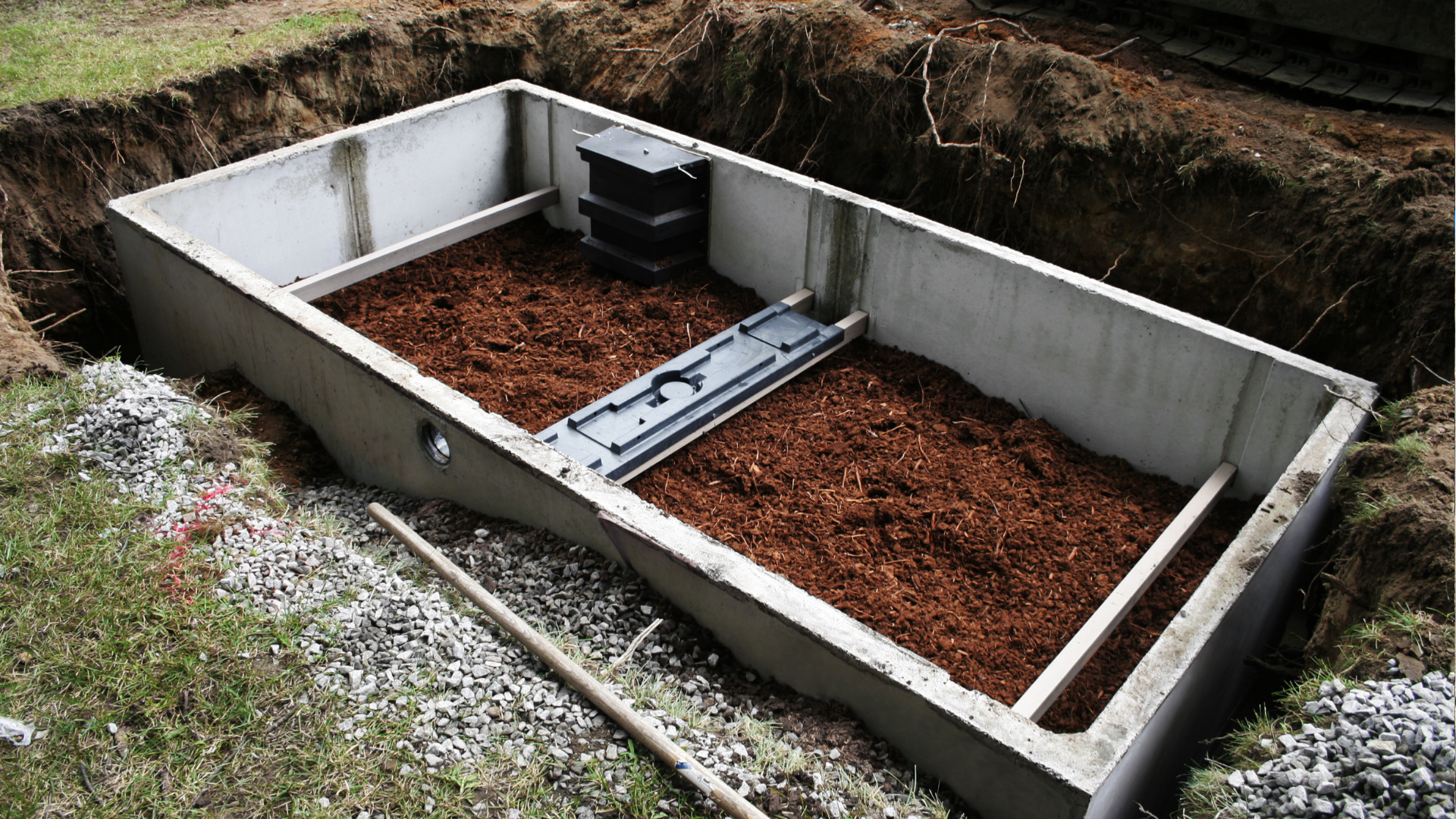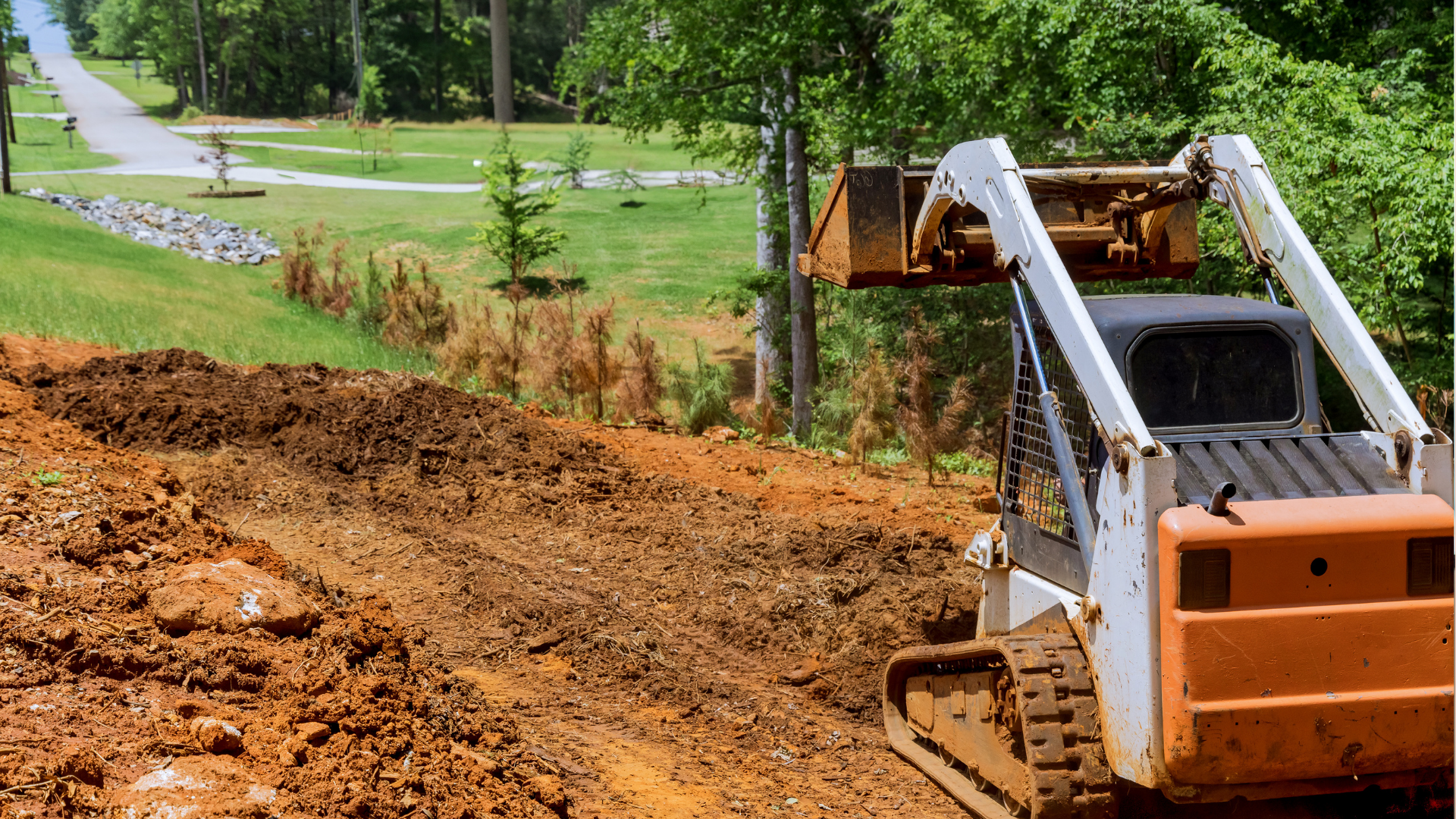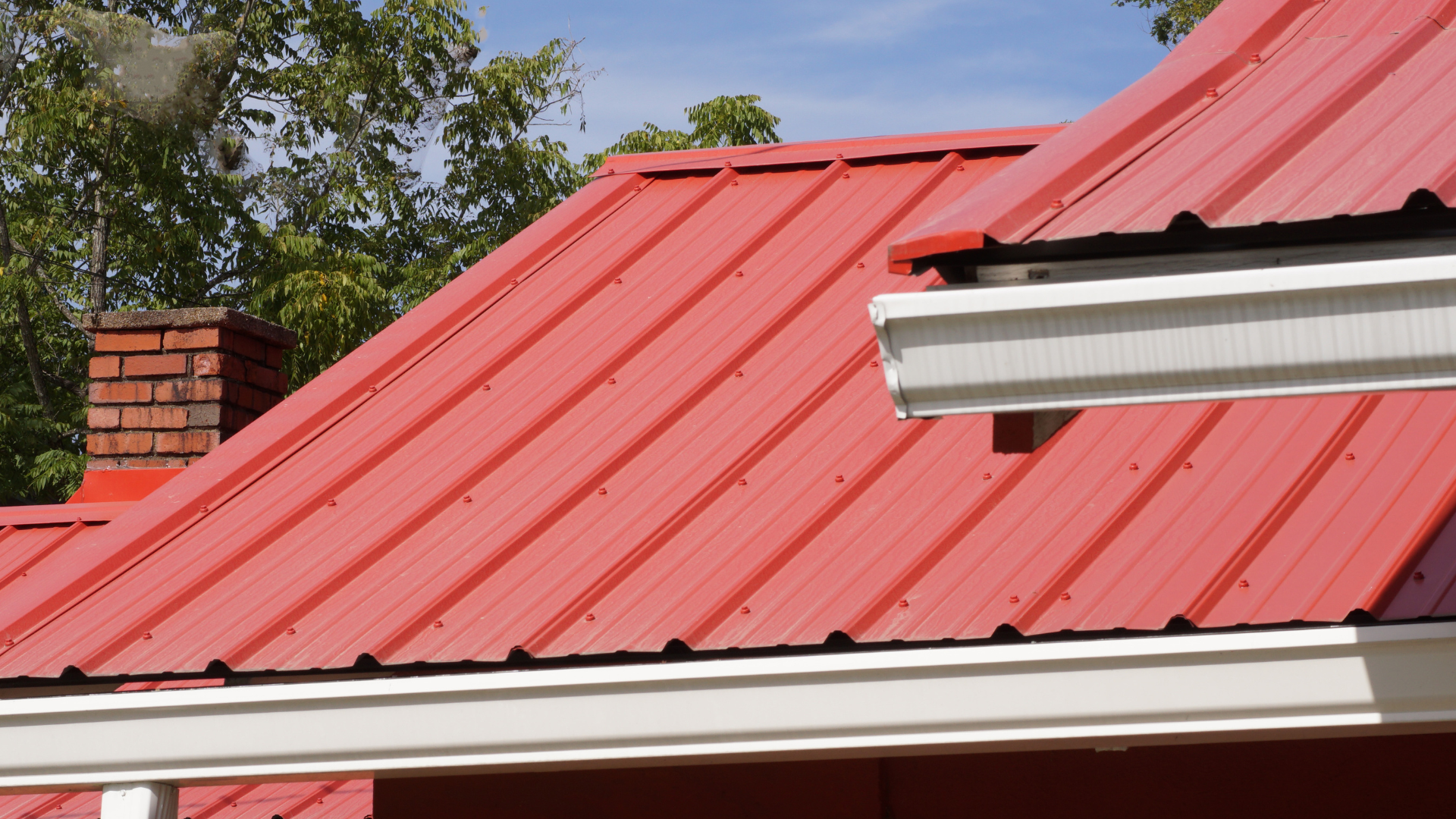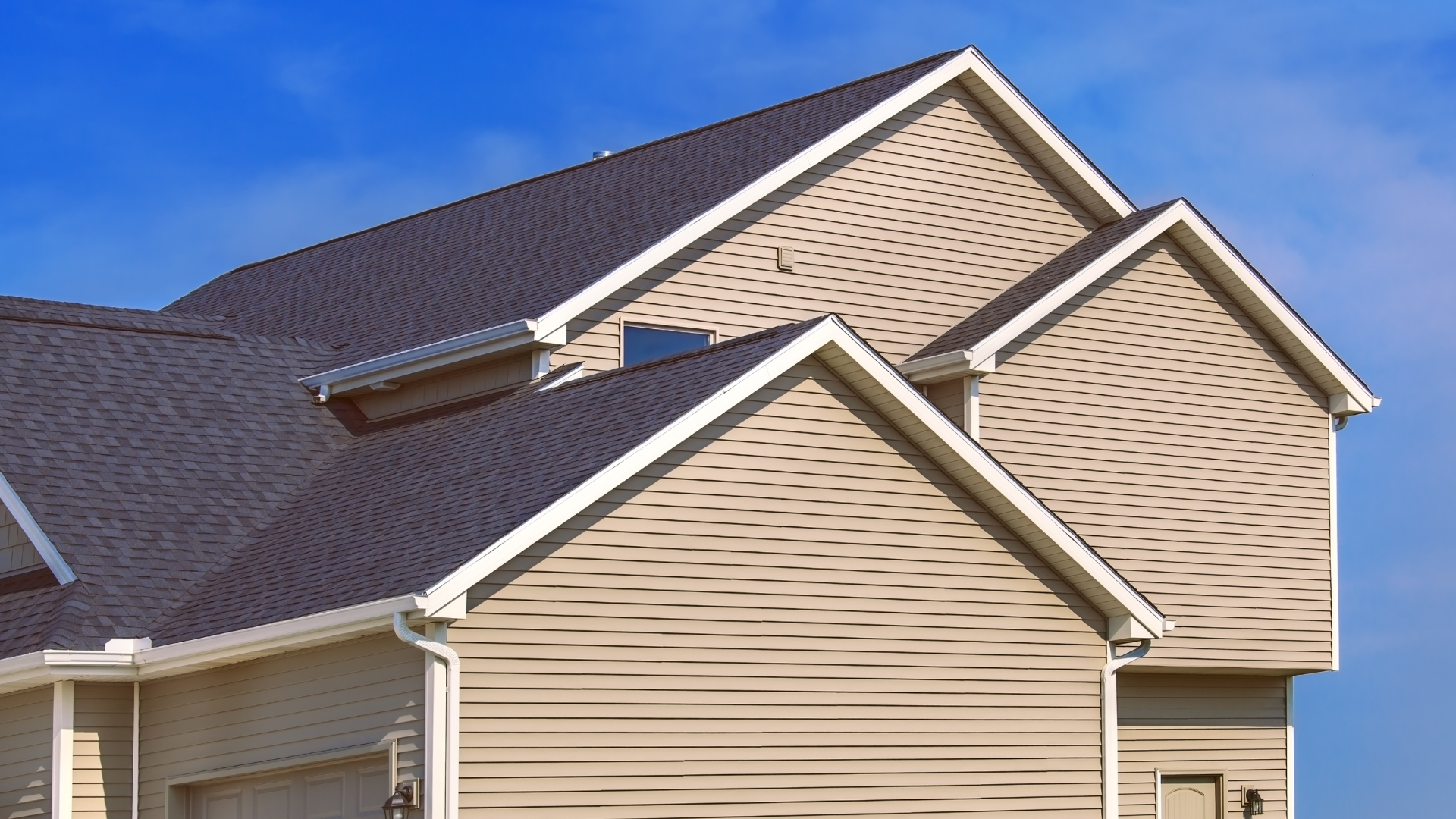Average Cost to Tear Off and Replace a 1,500 Sq Ft Roof 2025
To provide a clearer understanding of the cost breakdown, here’s an overview of estimated expenses associated with a 1,500 sq ft roof replacement:
| Cost Factor | Estimated Cost Range |
|---|---|
| Roofing Materials | $4,500 - $18,000 |
| Labor Costs | $3,000 - $7,500 |
| Tear-Off & Disposal | $1,500 - $4,500 |
| Permits & Fees | $150 - $500 |
| Additional Repairs | Varies |
This guide covers the key cost factors, material choices, labor expenses, and ways to save money on a roof replacement. Replacing a roof is a significant investment, and homeowners should understand the costs involved before starting the project.
Whether due to wear and tear, storm damage, or an aging roof, knowing the average cost to tear off and replace a 1,500 sq ft roof helps with financial planning and decision-making. This guide covers the key cost factors, material choices, labor expenses, and ways to save money on a roof replacement.
Understanding Roof Replacement Costs
Several factors contribute to the total cost of a roof replacement, including materials, labor, permits, and more. Understanding these elements can help homeowners plan their budgets effectively. Roof replacements are not a one-size-fits-all process, and multiple variables can impact the final price.
Roof Size & Its Impact on Cost
The size of the roof directly impacts the overall cost of replacement. A larger roof requires more materials and labor, leading to higher expenses. A 1,500 sq ft roof is considered mid-sized, making it a common estimate for cost breakdowns. Homeowners should measure their roof accurately to ensure they receive precise quotes from contractors.
Roof Pitch and Its Cost Implications
The pitch (steepness) of the roof affects both labor and material costs. Steeper roofs require more safety measures, making labor more expensive. Additionally, some materials perform better on different roof pitches. A low-slope or flat roof will generally cost less to install and replace than a steeply pitched roof, which can increase installation difficulty and material waste.
Material Choices for Your New Roof
Choosing the right roofing material is crucial for both cost-effectiveness and longevity. Each material has its benefits, lifespan, and price range. Below are some of the most common options:
1. Asphalt Shingles
- Most affordable and commonly used material.
- Costs range from $3 - $5 per sq ft ($4,500 - $7,500 total).
- Lifespan of 15-30 years.
- Easy to install and widely available.
2. Metal Roofs
- More durable and energy-efficient than asphalt.
- Costs range from $7 - $12 per sq ft ($10,500 - $18,000 total).
- Lifespan of 40-70 years.
- Requires professional installation but offers high durability and low maintenance.
3. Rubber Roofing
- Ideal for flat or low-pitch roofs.
- Costs range from $4 - $10 per sq ft.
- Resistant to extreme weather and UV exposure.
- Environmentally friendly option, often made from recycled materials.
Labour Costs and Regional Variations
Labor costs account for a significant portion of roof replacement expenses. Rates typically range from $2 - $5 per sq ft, but they can vary based on:
- Geographic Location: Higher costs in urban areas or regions with high demand.
- Contractor Experience: Skilled professionals may charge more, but they offer better workmanship.
- Project Complexity: Steep or multi-story homes increase labor costs.
Roof Accessibility and Its Effect on Costs
The ease of accessing a roof can also impact labor costs. If a roof is difficult to reach due to height, landscaping obstacles, or structural design, the contractor may charge more for additional safety measures and equipment.
Permits and Inspection Fees
Many local authorities require permits for roof replacements, which can cost $150 - $500. Additionally, some areas mandate inspections to ensure compliance with building codes, adding to the overall expense.
Removal of Existing Roof
Before a new roof can be installed, the old one must be removed. Tear-off costs vary based on the number of layers and the type of material being removed. Typical costs range from $1 - $3 per sq ft ($1,500 - $4,500 total). Homeowners should check with contractors to see if disposal fees are included in the quote.
Additional Costs to Consider
- Another significant expense to keep in mind is building a house cost, which can influence your decision on whether to invest in a roof replacement or consider a more comprehensive property upgrade.
Beyond materials and labor, other expenses should be factored into the total cost:
- Disposal Fees: Typically $50 - $150 per ton, adding $500 - $1,000 to project costs.
- Structural Repairs: If the roof decking or supports need repairs, additional costs will arise.
- Weather Protection Measures: Temporary tarping or waterproofing may be needed in case of unexpected delays.
Financing Options for Roof Replacement
If paying for a roof replacement upfront isn’t feasible, homeowners have several financing options:
- Home Equity Loans: Borrow against home equity for lower interest rates.
- Personal Loans: Higher interest rates but flexible use of funds.
- Government Assistance Programs: Some states offer incentives for energy-efficient roofing.
- Roofing Company Financing Plans: Some contractors provide installment payment options.
Signs You Need a New Roof
Recognizing the warning signs of a failing roof can help prevent costly damage. Homeowners should look out for:
- Frequent Leaks: Water damage inside the home can indicate failing shingles or flashing.
- Curling or Missing Shingles: A sign that the roofing material has aged and lost its effectiveness.
- Sagging Roof Deck: This suggests structural issues that need immediate attention.
- Mold or Moss Growth: Can weaken roofing materials and lead to long-term deterioration.
DIY vs. Professional Roof Replacement
Some homeowners may consider a DIY approach to save money, but there are critical factors to evaluate.
Pros of DIY Roof Replacement:
- Lower upfront costs compared to hiring professionals.
- Complete control over materials and timeline.
Cons of DIY Roof Replacement:
- Requires advanced roofing knowledge and specialized tools.
- Increased risk of improper installation leading to future leaks or structural damage.
- No professional warranty or guarantees on workmanship.
Hiring a professional roofing contractor ensures the job is done correctly, safely, and with a warranty for peace of mind.
Conclusion
The cost to tear off and replace a 1,500 sq ft roof varies based on materials, labor, and project complexity. Homeowners should expect to pay anywhere from $4,500 to $16,500+, depending on the chosen roofing material and other influencing factors. By understanding these costs, considering financing options, and hiring the right contractor, homeowners can make informed decisions when planning a roof replacement.
Not to mention, when it comes to a 1,500 sq ft house in Ontario, these same factors apply. The roofing material, labor rates, and project scope will determine the final cost. Homeowners in Ontario should keep these elements in mind to ensure they're well-prepared for the expenses associated with replacing their roof.
